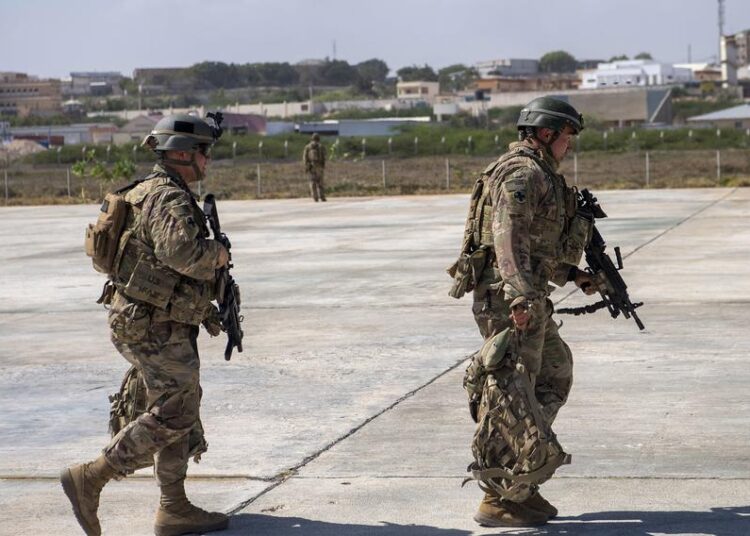United States President Joe Biden has authorized the deployment of hundreds of Special Operations forces inside Somalia.
The authorization largely reverses the decision by President Donald J. Trump to withdraw nearly all 700 ground troops who had been stationed there by January last year.
The size of that force will number fewer than 500, down from the approximately 750 personnel removed from the country.
President Biden’s decision to send the SpeOps troops comes amid increasing intelligence that al-Shabab, the Somali terrorist group affiliated with al Qaeda, is increasingly posing a threat in the region. The decision also came a day after Somali lawmakers elected Hassan Sheikh Mohamud as the country’s new president.
Biden also granted the Pentagon “standing authority to target about a dozen suspected leaders” of al-Shabab, a senior administration official told members of the press May 16 that al-Shabab posed a danger to the American homeland and to U.S. interests in East Africa.
In January, former President Donald Trump ordered some 700 U.S. troops out of Somalia, where special operations forces had been assisting local units for several years in a long-running battle against the al-Shabab group.
Despite withdrawal from Somalia, US military forces still assist Somali and African Union forces in a noncombat role including flying intelligence, surveillance, and reconnaissance (ISR) missions from Baledogle Airfield northwest of the capital.
In September 2021, United States African Command (AFRICOM) delivered six Puma M36 Mk 6 armoured vehicles to complement Somali security forces in the fight against al-Shabaab.
In the May 16 news conference, Pentagon press secretary John Kirby confirmed that a “small, persistent” US military presence would be returning to Somalia to continue to train, advise, and equip partner forces in their fight against al-Shabab. Kirby emphasized that US service members will not be involved in combat operations.
“This is a repositioning of forces that are already in theater, who have traveled in and out of Somalia now on an episodic basis since January of 2021,” Kirby said. “It will be a moderate presence and the work that they’re doing will be specific to the threat.”


